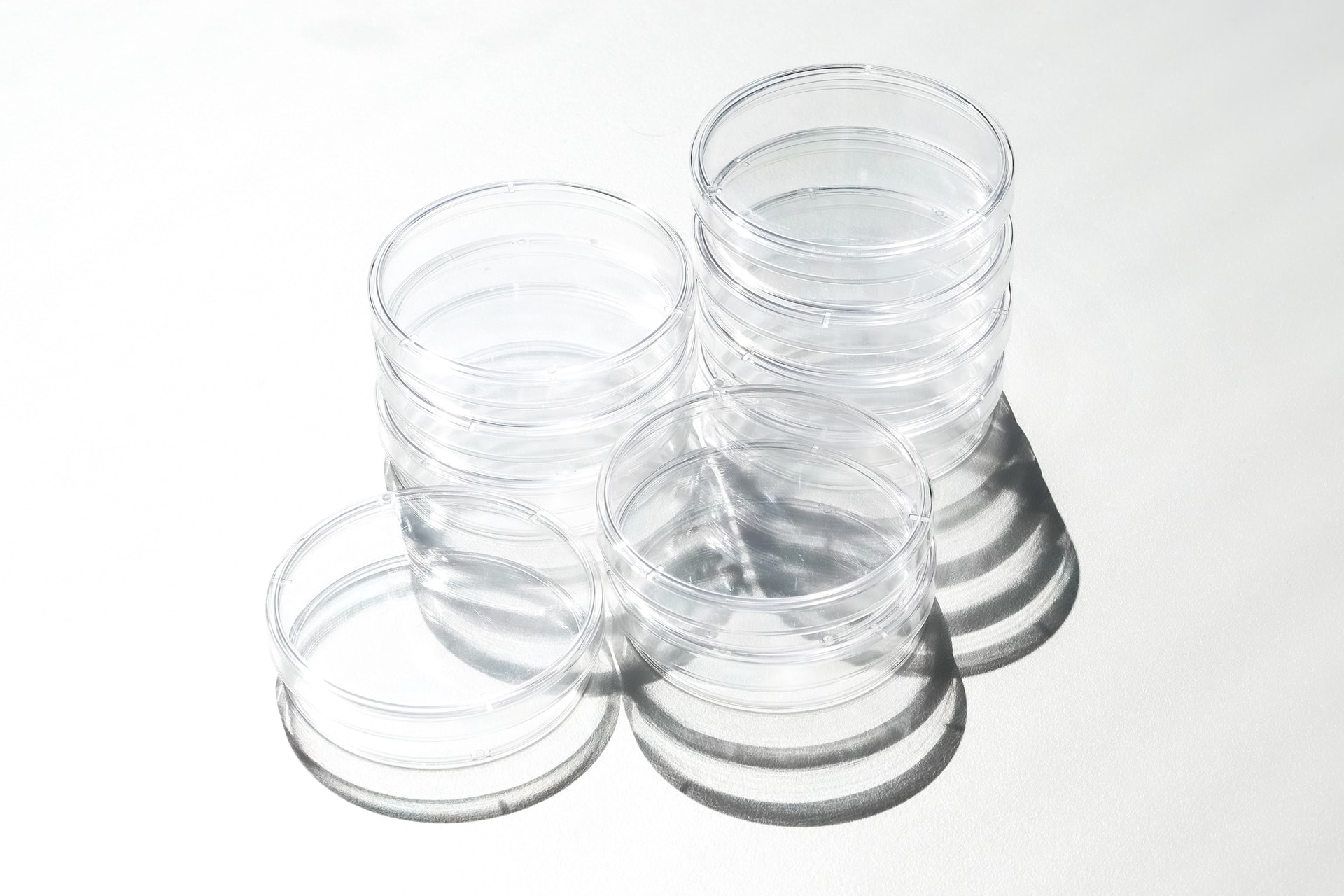 //REWORK THIS
//REWORK THIS
Investigating the expressions of macrophage markers in tumour microenvironment in vitro
Host Researcher: Dr Qiuyu Wang
Macrophages are major component of tumour microenvironment that are associated with cancer metastasis. This Rise internship will give students opportunities to be involved in research, learn dry and wet laboratory skills such as cell culture, immunocytochemistry and gain transferable skills such as problem solving, data analysis.
According to Cancer Research UK, there are around 375,000 new cancer cases every year in the UK. There is huge variation in survival between cancer types, and metastasis of tumour is a major cause of cancer patient’s death. The interactions of cancer cells with their microenvironment are essential to stimulate tumour progression and metastasis.
Tumour-associated macrophages (TAMs) are a major component of the tumour microenvironment. They play a major role in tumour growth, metastatic dissemination. TAMs can secrete different factors, promote angiogenesis, inhibit the anti-tumour immune response and lead to therapy failure. Macrophages display a high plasticity, which allows them to adapt their phenotype in response to different environmental stimuli, such as M1 and M2 types of macrophages.
This project will investigate the expressions of biomarkers by macrophages in modified tumour microenvironment in vitro. Students will take online training on risk assessment and ETHOS application. Students will also carry on laboratory experiments using cellular and molecular techniques, collect and analyse data.
This project will require students who are studying Biomedical Sciences or Life Sciences courses. We anticipate this project will run for a number of weeks across the summer. Please ensure availability is described in EoI.
In A Nutshell...
- Collaborate... with students working on this project
- Learn...cellular and molecular laboratory techniques
- Develop... research skills and transferable skills
- Engage... online training and laboratory activities
- Earn up to 300 Rise points ... which can be recognised within your degree.
Schedule
-
23/05/22 to 01/07/22
Research internship Students will take online training on risk assessment and ETHOS application. Students will also carry on laboratory experiments, collect and analyse data.






